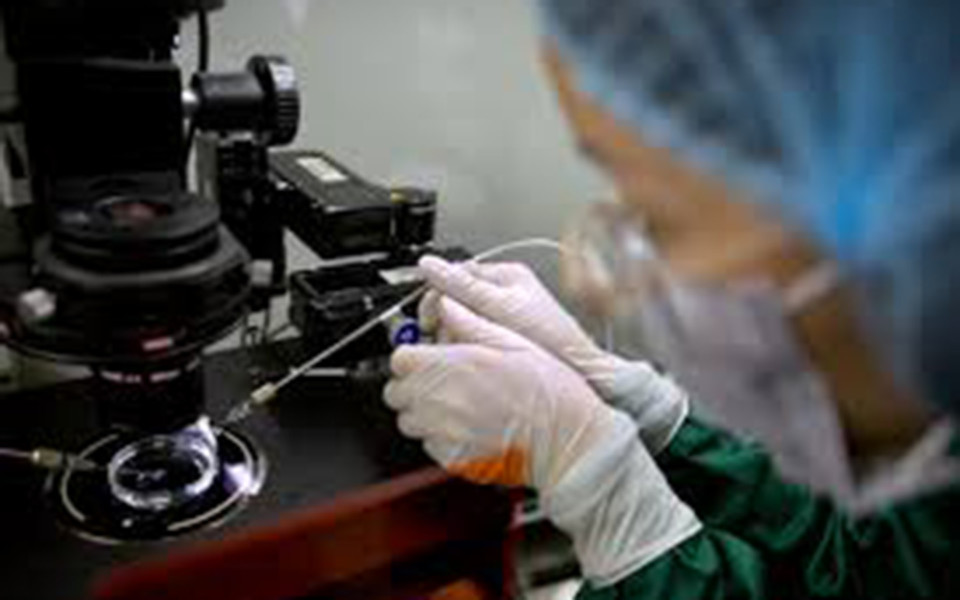NIH and top scientists call for moratorium on gene-edited babies
Scientists and ethicists from seven nations on Wednesday called for a moratorium on gene-editing experiments designed to alter heritable traits in human babies. It’s the latest alarm sounded by researchers who have been both excited and unnerved by the powerful genetic engineering technique known as CRISPR, which can potentially prevent congenital diseases but also could lead to permanent changes in the human species and create a perverse market for enhanced, augmented offspring, sometimes called “designer babies.”
The call for the moratorium, published as a commentary in the journal Nature, came in direct response to the actions of a Chinese researcher who, disregarding a global consensus on the ethical boundaries of gene editing, altered embryos that were implanted and carried to term, resulting in the live birth of twin babies. The Chinese researcher, He Jiankui, said his experiment was intended to alter a gene to make the babies resistant to infection with HIV. He said he knew he would receive criticism but defended it as an ethical form of gene therapy and not something akin to making cosmetic genetic alterations.
But the scientific community was outraged, condemning He’s actions as “rogue human experimentation.” The new call for a moratorium is an acknowledgment that the many warnings emerging from conferences on the ethics of gene-editing have not been sufficiently clear and emphatic and, in the case of the Chinese twins, have failed to prevent an ethical violation.


